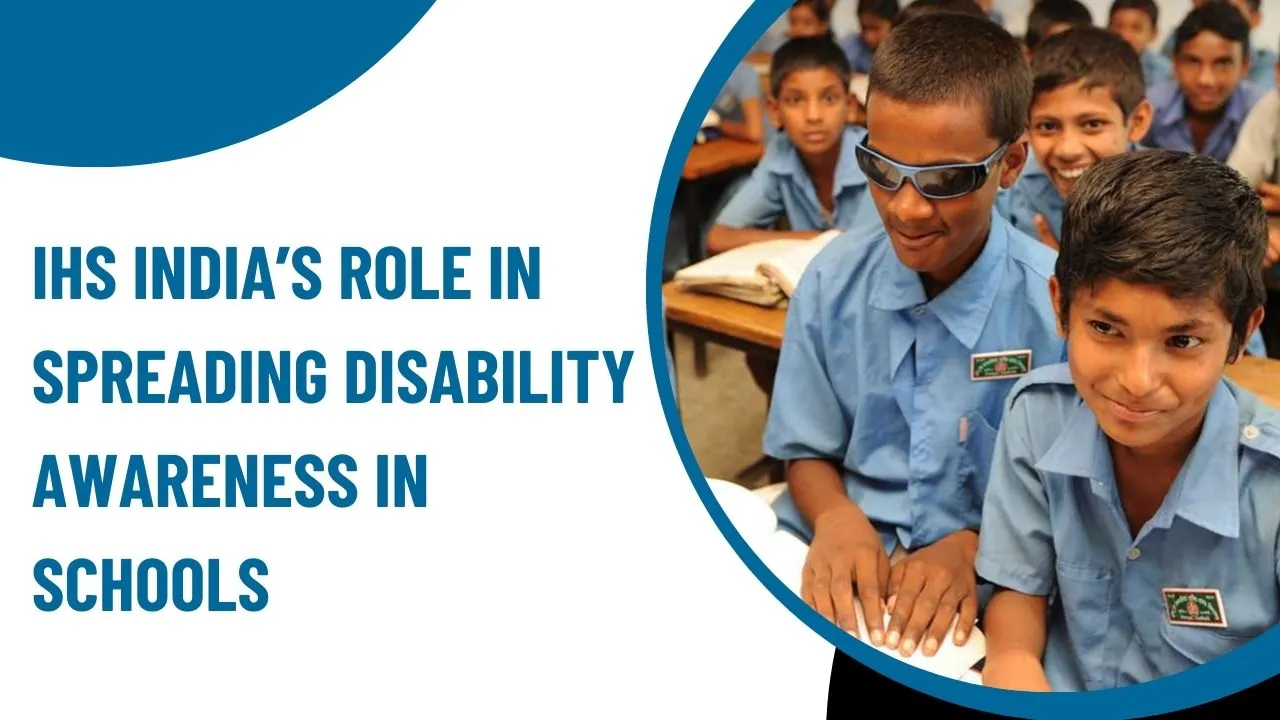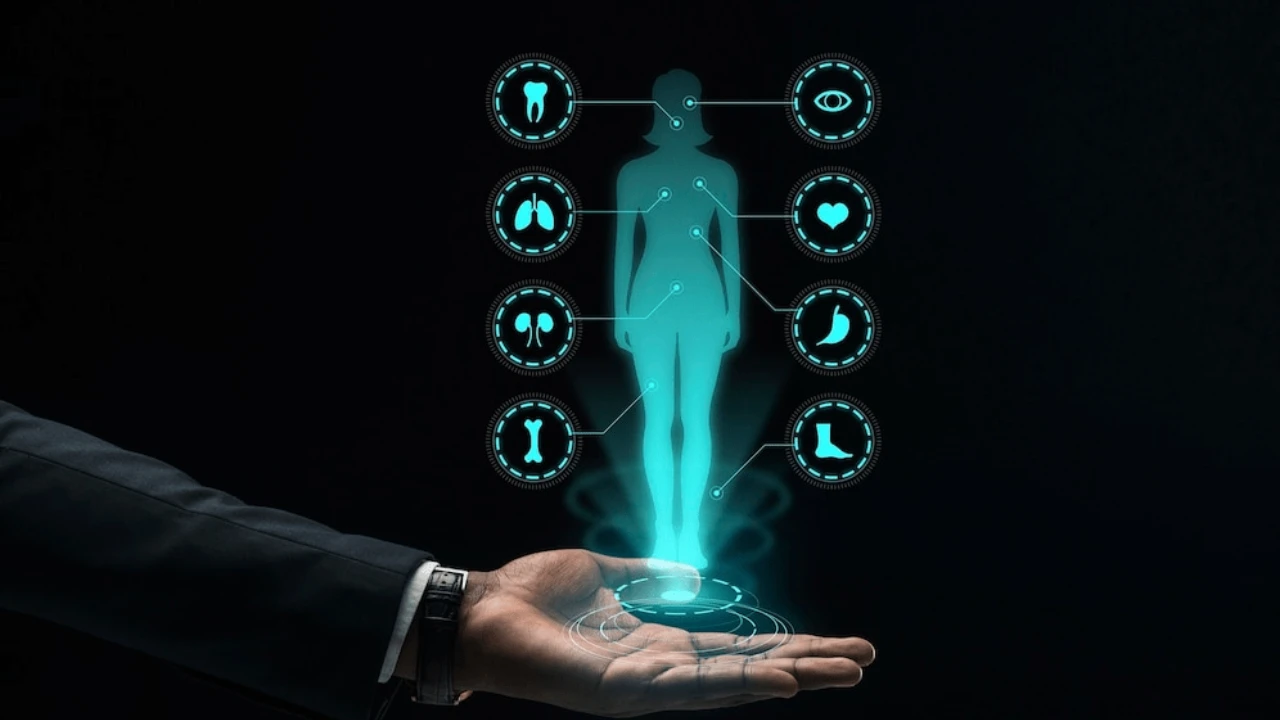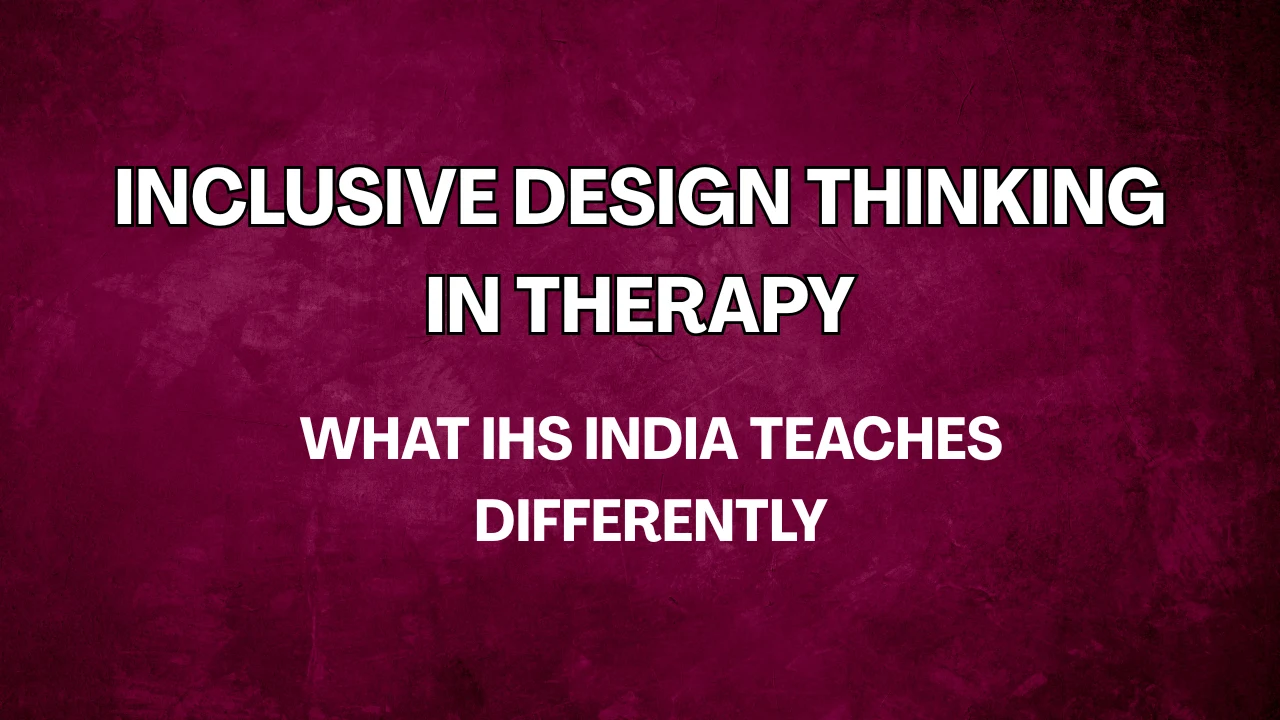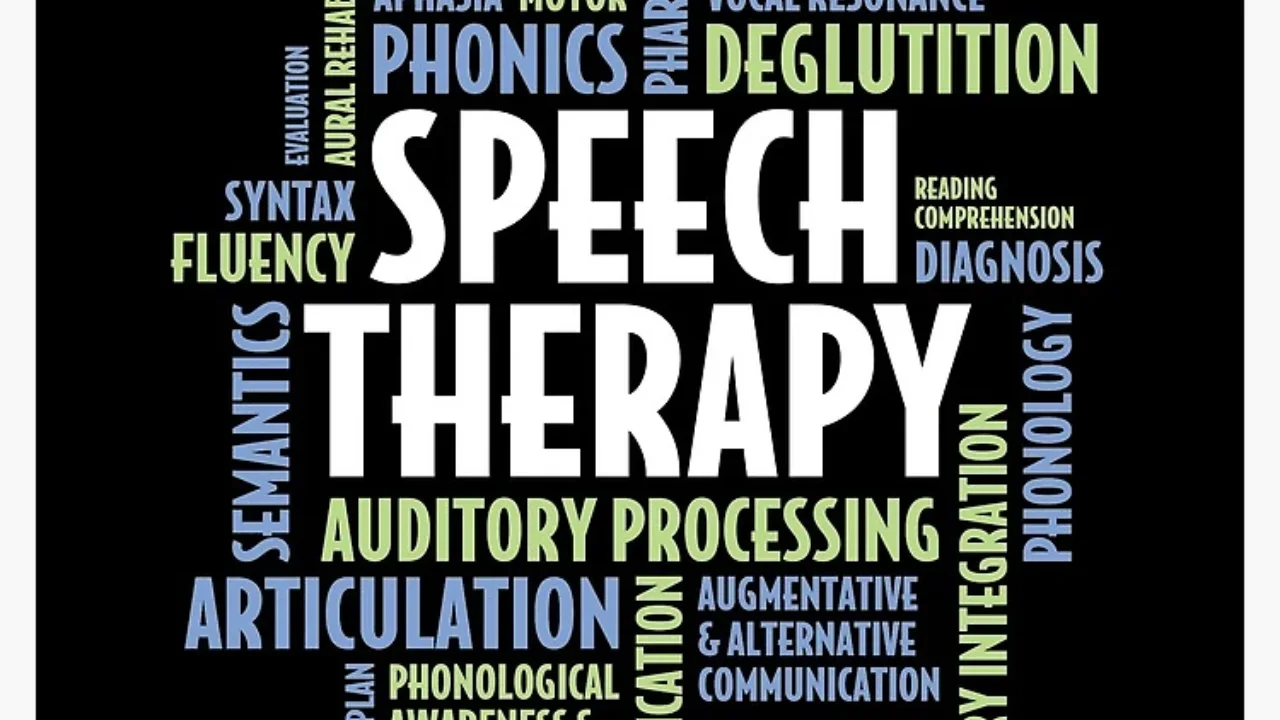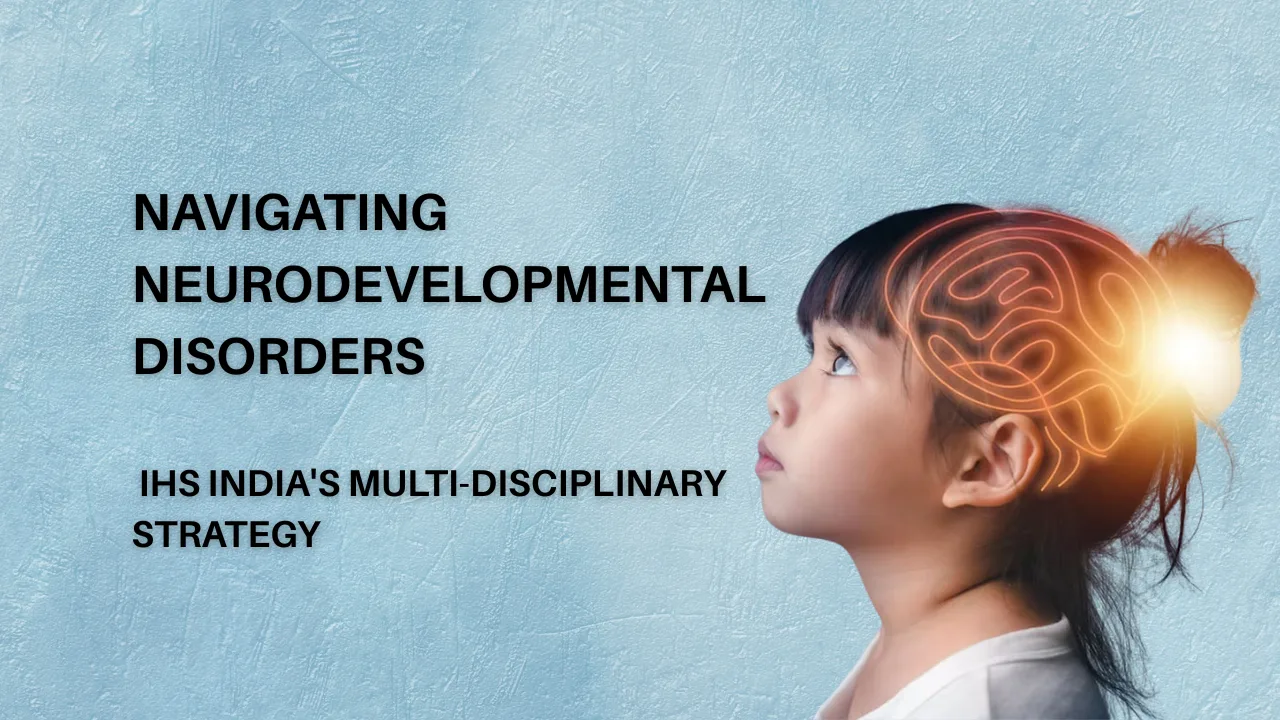IHS India’s School Programs: IHS India has consistently worked at the intersection of healthcare and education, leading initiatives that go beyond clinical walls. One of its most impactful contributions is its commitment to spreading disability awareness across educational institutions. Recognizing that schools are the foundation of social understanding, IHS India has taken on the responsibility of educating children and teachers about disabilities in a way that’s practical, compassionate, and transformative.
This article explores how IHS India is actively shaping more inclusive school environments. From organizing specialized workshops to launching school-wide campaigns, their outreach aims to dismantle long-held myths about disabilities and instill a culture of empathy, acceptance, and accessibility.
IHS India’s School Programs: Building Understanding Through Action
At the heart of IHS India’s outreach are hands-on programs crafted for schools that aim to nurture inclusive thinking. These include disability education workshops, student activities, and teacher support systems. By embedding these sessions within the regular school schedule, IHS India helps create awareness that is both timely and relevant. These efforts ensure that every participant—from the principal to the youngest student—walks away with tools to create a more inclusive environment, whether in the classroom, playground, or broader community. This direct approach makes lasting change possible, not just theoretical.
Overview of Key School Outreach Programs
| Initiative | Target Group | Key Objectives |
| Teacher Training Workshops | School Educators | Recognizing disabilities, teaching strategies |
| Student Sensitization Drives | School Children (6-18) | Understanding disability, fostering empathy |
| Parent Awareness Sessions | Parents and Guardians | Early detection, home-based support techniques |
| Inclusive Curriculum Support | School Management Teams | Policy design, infrastructure guidance |
Building Empathy: Teacher Training Workshops
One of the first groups IHS India engages in its school outreach model is teachers. These training sessions go beyond theory—they aim to change perception and classroom practices. Teachers are often the first point of contact for identifying behavioral or learning issues. However, without proper knowledge of disabilities, these signs can be misinterpreted or ignored.
IHS India’s workshops focus on practical, classroom-ready strategies. Educators are taught how to identify early signs of special needs, manage a diverse classroom, and adapt lesson plans for students who may require modified learning formats. Importantly, the training fosters an inclusive mindset that sees every student as capable, regardless of their abilities.
Such training sessions have led to tangible results—schools report not only improved student-teacher relationships but also better academic performance from children previously overlooked.
Student Sensitization: Changing Perception Early
Children often learn attitudes about disability through social cues and environment. IHS India believes that early education can play a critical role in shaping those attitudes in a more positive direction. Through student sensitization sessions, they engage directly with students using real stories, interactive games, and role-plays.
In these sessions, students may be asked to navigate classrooms blindfolded, attempt speech tasks while wearing mouth guards, or communicate only through gestures for an hour. These activities provide first-hand insight into some of the daily challenges faced by people with disabilities.
The emphasis here is on building respect, not sympathy. By encouraging young minds to look beyond appearances and labels, IHS India fosters genuine acceptance and inclusivity that stays with students for life.
School Campaigns: Spreading Awareness Creatively
Beyond structured classroom sessions, IHS India runs larger school campaigns designed to reach entire student bodies at once. These include disability awareness weeks, art competitions, and interactive assemblies that revolve around a central theme like “Everyone Learns Differently” or “Understanding Without Judgement.”
In one campaign, students created short plays depicting real-life scenarios involving children with learning disabilities, encouraging dialogue and curiosity in a safe space. In another, students made posters highlighting accessibility barriers in their schools, leading to actual improvements like ramp installations and visual signage.
By making disability inclusion part of school culture rather than a one-off lesson, these campaigns lead to sustainable awareness. The visual and experiential components make it easier for the messages to resonate deeply with both students and staff.
Inclusive Education Support for Schools
While awareness is the first step, IHS India also helps schools implement long-term inclusive strategies. Many schools struggle to adapt infrastructure or curriculum to suit children with special needs. Here, IHS India provides actionable recommendations based on the specific needs of the school and its students.
This support includes physical accessibility assessments, review of existing teaching materials, and designing Individualized Education Plans (IEPs) for children with specific learning challenges. IHS India also trains support staff to assist with personal and academic needs in classrooms.
In schools that have implemented these changes, there’s been a noticeable shift in how students interact, how teachers plan, and how administrators measure academic success—not just by grades, but by engagement and participation.
Community Engagement and Parent Orientation
A key part of IHS India’s approach to spreading disability awareness is engaging with parents. Often, families may feel overwhelmed or unsure of how to support a child who struggles in school due to an undiagnosed condition. Parent orientation sessions bridge this gap.
These sessions focus on signs to watch for, how to communicate with schools, and how to create a supportive home environment. It also empowers parents to advocate for their children’s rights in educational settings.
This community-centered model ensures that awareness isn’t limited to academic institutions but spreads through families and neighborhoods, creating an ecosystem of understanding and collaboration.
Key Outcomes of IHS India’s Disability Awareness Programs
Here’s what schools typically report after engaging with IHS India’s programs:
- Higher Teacher Confidence: Staff feel better equipped to manage diverse classrooms.
- Stronger Student Relationships: Peer understanding improves, reducing bullying or isolation.
- Early Identification of Needs: Children with undiagnosed disabilities are spotted sooner.
- Cultural Shift in Schools: Inclusion becomes a core part of school values, not just a policy.
- Practical Accessibility Improvements: From physical infrastructure to better classroom materials.
FAQs
What age groups do the student sensitization sessions target?
Sessions are tailored for primary, middle, and high school students, with content adjusted for developmental levels and maturity.
Can schools request custom workshops?
Yes, IHS India works closely with schools to design workshops that suit specific needs or goals.
How long do the workshops last?
Teacher sessions are typically half-day to full-day events, while student programs may span a few hours or an entire awareness week.
Do schools need to prepare anything in advance?
Just a venue and participant list. IHS India provides all materials and facilitators required for the session.
Is post-workshop support available?
Yes, many schools continue to receive guidance and consultation even after initial sessions are completed.
Final Thought
IHS India is leading by example in promoting disability awareness in schools. Through thoughtful, hands-on programs that engage teachers, students, and families alike, they’re nurturing a generation that sees differences not as limitations, but as part of human diversity. Their campaigns go beyond conversation—they lead to action, inclusion, and lasting transformation within educational communities.
If you’re part of a school or a parent community, now’s the time to get involved. Reach out to IHS India, attend a workshop, or simply start a dialogue about inclusion in your classroom. Every step counts—and every child deserves to learn in an environment where they are understood and valued.
